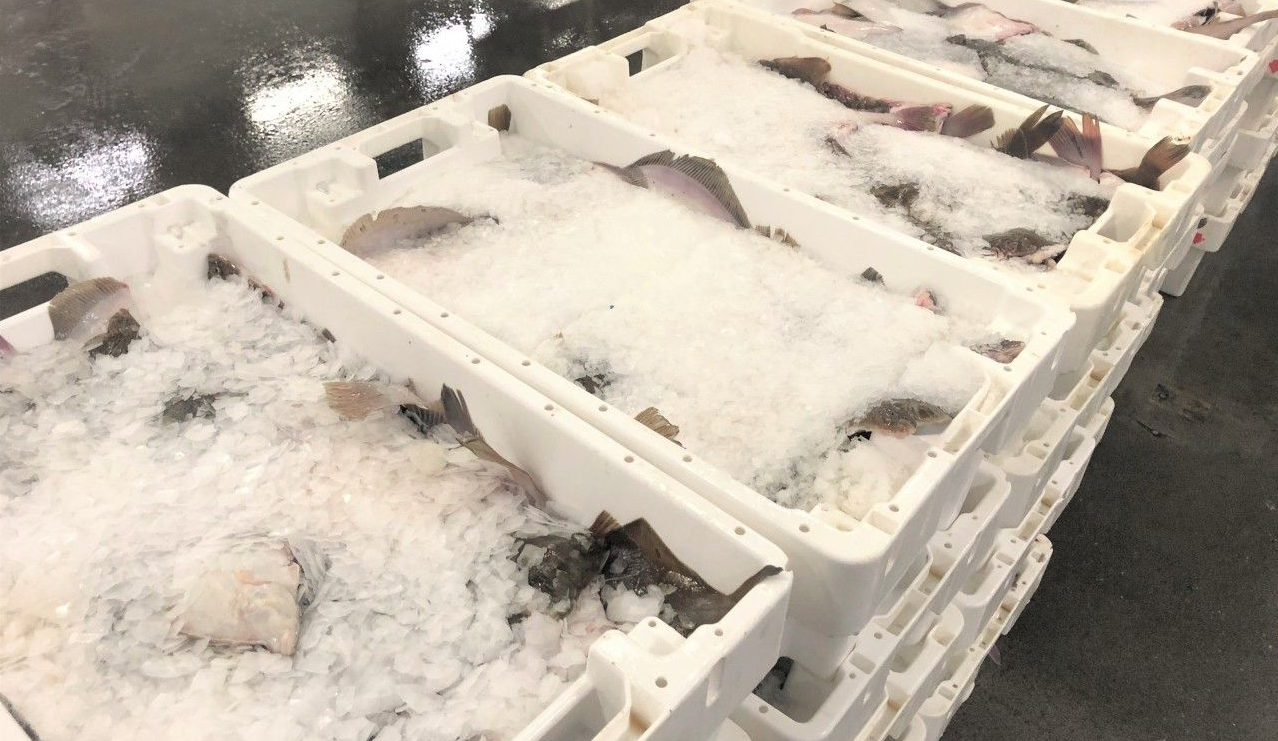
In a historic settlement, two prominent Alaska-based seafood shipping companies, Kloosterboer International Forwarding LLC (KIF) and Alaska Reefer Management LLC (ARM), have agreed to pay a substantial $9.5 million to the U.S. government for violations of the Jones Act. This marks one of the largest settlements ever in a case brought under the Jones Act, a pivotal maritime regulation that dictates goods transported between two U.S. ports must be carried on U.S. flagged, owned, and operated vessels.
The Jones Act allows an exception for the transportation of Alaskan seafood to the mainland U.S. through Canadian rail. For more than a decade, KIF and ARM utilized this exception, employing a unique process involving the “Bayside Canadian Railway (BCR).” This method entailed offloading seafood from foreign-flagged vessels in Canada onto trucks, which were then loaded onto a flatbed rail car on the purpose-built BCR in the Port of Bayside. The loaded rail car traversed a short track before the trucks were driven off, and the seafood continued its journey to a border crossing in Maine for the final leg to the U.S. mainland.
The companies argued that their use of the BCR complied with the Canadian rail exception under the Jones Act, asserting that the seafood was effectively “transported” by Canadian rail. However, a U.S. Customs and Border Protection (CBP) investigation contradicted this claim, determining that the BCR method did not meet the criteria for the Canadian rail exception. Consequently, the companies faced Jones Act violations and were slapped with a substantial $350 million penalty.
In response to the penalty, KIF and ARM filed a lawsuit against the government, contending that they had not violated the Jones Act, and the penalties were unjust. However, the U.S. District Court of Alaska ruled against them, stating that the use of the BCR for part of the transportation process was unlawful and did not constitute actual “transportation” under the Act’s exceptions.
U.S. Attorney S. Lane Tucker for the District of Alaska emphasized the significance of the settlement, stating, “This is the second largest settlement of a case brought under the Jones Act in the history of our Nation.” He commended the prosecutors and law enforcement partners for successfully handling this complex case and pledged ongoing dedication to ensuring adherence to maritime commerce laws in Alaska.
In response to the settlement, the companies ceased using the BCR for seafood transportation to the U.S. This resolution stands as a pivotal moment for fair maritime commerce, sending a clear message that the CBP takes Jones Act violations seriously. The Jones Act is intended to protect U.S. industries.
Source:gCaptain


